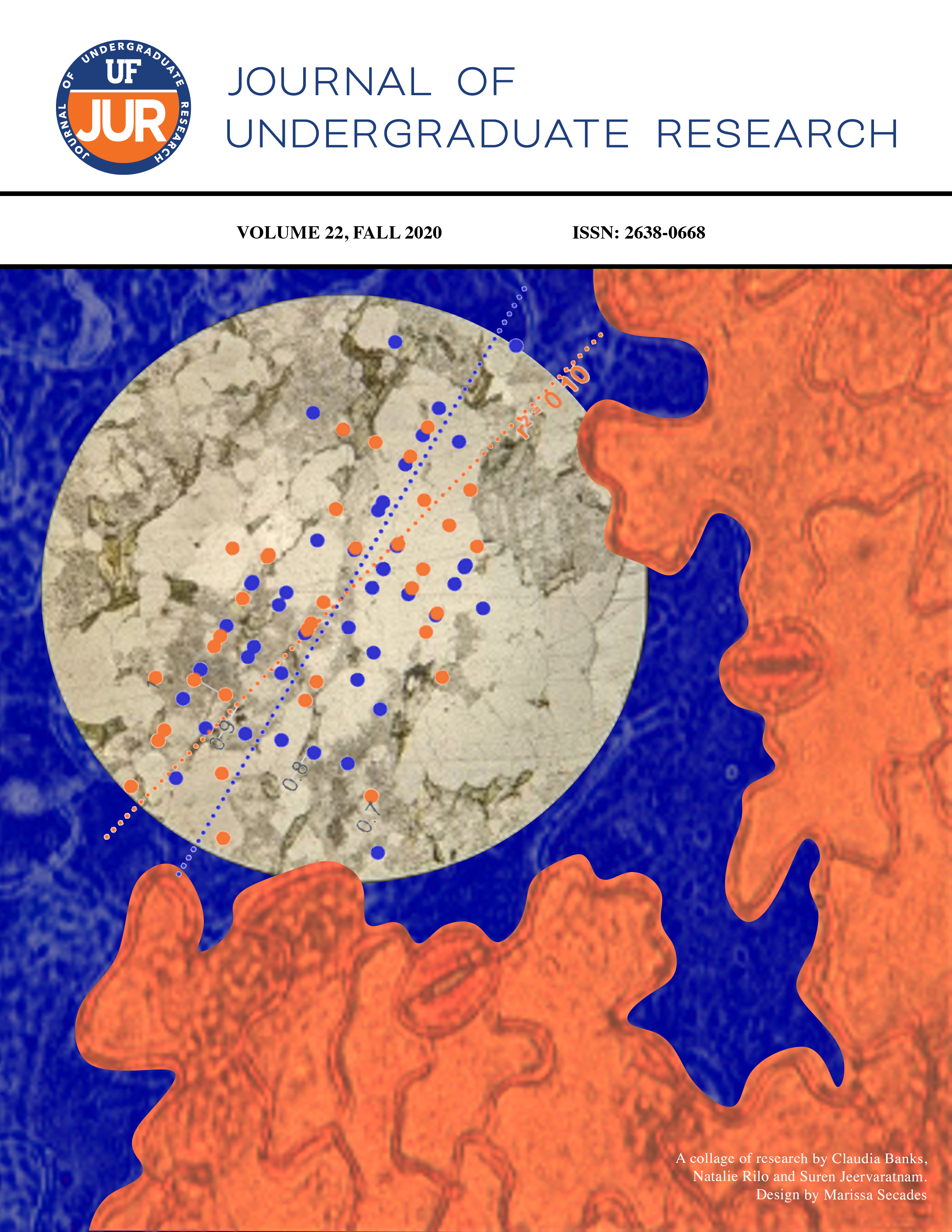Educating the Mainland Public
Imperial Boosterism and the Puerto Rican Image in Children's Adventure Literature
DOI:
https://doi.org/10.32473/ufjur.v22i0.121798Keywords:
Puerto Rico, U.S. Empire, American Children's LiteratureAbstract
This research focuses on two examples of young adult literature—Young Hunters in Porto Rico; or, the Search for a Lost Treasure, and A Yankee Lad’s Pluck: How Bert Larkin Saved His Father’s Ranch in the Island of Porto Rico—published by the Stratemeyer Syndicate and the syndicate’s league of mass-market imitators immediately following the end of the Spanish-American War in 1898. These imperialistic adventure novels coincided with the U.S. implementation of the doctrine of Americanization, or the American colonial mission to instruct Puerto Ricans in self-government and democratic values in anticipation for some uncertain future form of economic and political sovereignty for the island. Edward Stratemeyer built his vast fiction empire, the publishing house for such series as Nancy Drew and the Hardy Boys, upon imperial romances which glorified the events of the Spanish-American War and presented recently-acquired U.S. territories—such as Puerto Rico—as sites of adventure beyond mainland confines to a predominately male, teenage audience. Borrowing from an English literary tradition, these novels energized young, white, American men to act as willing participants in the imperial imagination while simultaneously instilling in them expectations for Puerto Rican behavior and identity.
Metrics
Downloads
Published
Issue
Section
License
Some journals stipulate that submitted articles cannot be under consideration for publication or published in another journal. The student-author and mentor have the option of determining which journal the paper will be submitted to first. UF JUR accepts papers that have been published in other journals or might be published in the future. It is the responsibility of the student-author and mentor to determine whether another journal will accept a paper that has been published in UF JUR.

